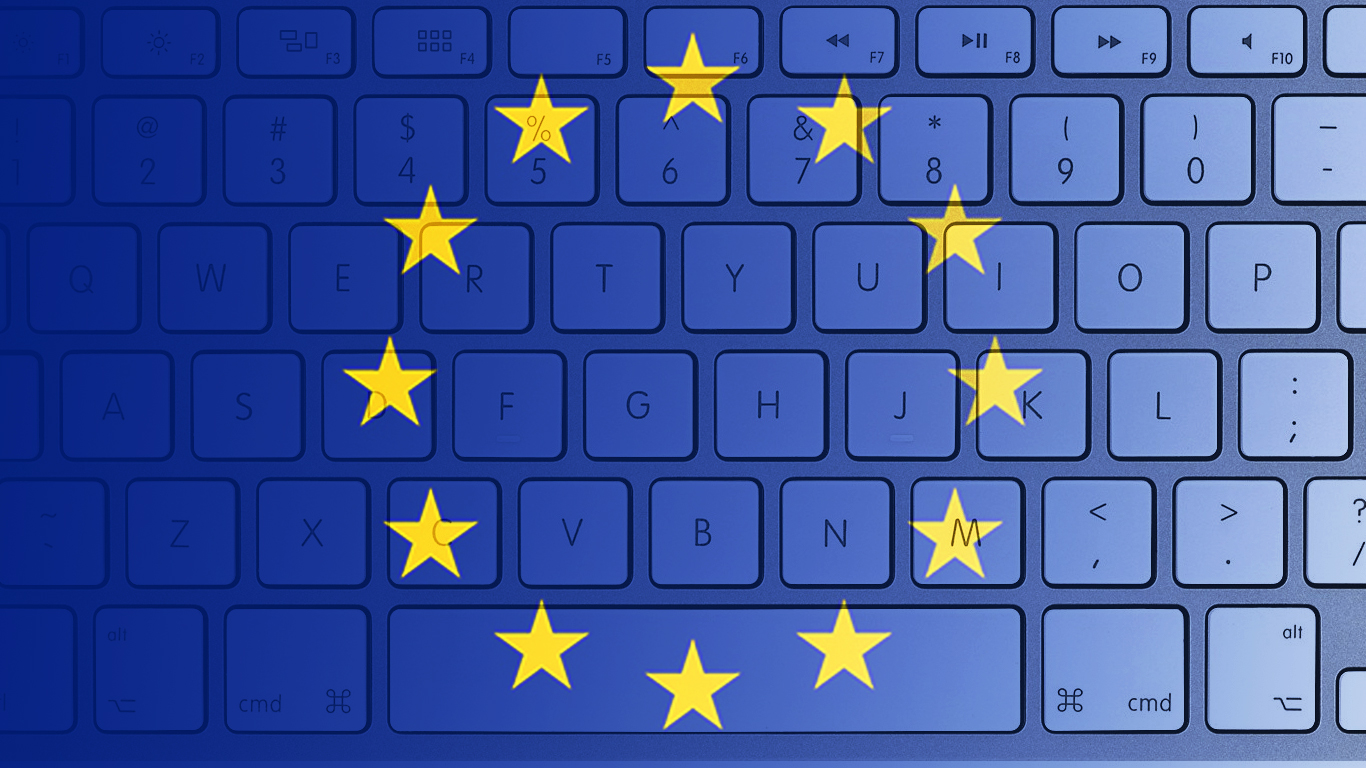If you can have access to a patented technology but you aren’t allowed to licence it, that either means the licensor is offering it up for free, in the way open source software developers offer up their wares free to others without asking them to sign a licence. Or it means that piracy of your technologies isn’t a big deal, help yourself.
IP Europe has attacked the concept of ‘licence for all’, calling it a licence to kill innovation. The Commission is considering including a ‘licence for all’ obligation in its Communication on standard essential patents which is due to be published by the end of this year.
Rightly, they see ‘licence for all’ as a core aspect of the FRAND (fair, reasonable and non-discriminatory) licencing principles enshrined not only in Commission antitrust rules, but also in standards setting bodies’ codes, including ETSI’s.
IP Europe, which includes Qualcomm, Ericsson and Nokia among its members, is pushing the Commission to replace ‘licence for all’ with ‘access for all’ but they never explain what access without a licence actually means.
It seems uncharacteristically charitable of these three companies, that rely overwhelmingly on licencing income, suddenly to be offering up their prized technologies that are protected by SEPs, for free to everyone without requiring them to pay for a licence.
More likely, of course, is that on behalf of these licencing behemoths, IP Europe is trying to sow confusion among EC policymakers by disguising their blatant attempt to deny potential competitors in the relatively new area of Internet of Things access to their enabling technologies.
One fringe benefit for member, Qualcomm of this ‘charitable’ approach: Broadcomm is unlikely to pursue its intended takeover if Qualcomm plans to give away its IP goodies for free. Could that be the real reason for IP Europe’s desire to grant universal access to SEPs without a licence?
